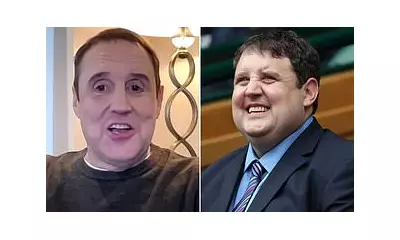
Buckingham Palace's recent statement regarding Prince Andrew's future contained more than met the eye, with linguistic experts identifying a crucial change in wording that suggests the Duke of York's exile from royal duties is now permanent.
The palace's communication, issued amid ongoing controversy surrounding Andrew's association with convicted sex offender Jeffrey Epstein, employed language that subtly but significantly distances the institution from the embattled prince.
The Linguistic Shift That Speaks Volumes
Unlike previous royal statements that referred to Andrew's situation as temporary, the latest announcement contains no suggestion of a possible return to public life. The carefully chosen words indicate a definitive break, with one royal commentator describing it as "the verbal equivalent of drawing up the drawbridge."
This linguistic analysis comes as Andrew continues to face scrutiny over his friendship with Epstein and sexual assault allegations made by Virginia Giuffre, which the prince has consistently denied.
A Palace in Damage Control Mode
Insiders suggest the statement reflects the monarchy's determination to protect the institution from further damage following years of negative headlines connected to Andrew. The subtle change in language appears designed to draw a clear line between the working royals and the disgraced duke.
One palace source noted: "Every word in royal communications is meticulously chosen, and the absence of any suggestion of rehabilitation speaks volumes about Andrew's future prospects within the firm."
What This Means for the Monarchy's Future
The permanent sidelining of Prince Andrew represents another significant moment for the House of Windsor as it navigates modern challenges while maintaining centuries-old traditions. Royal watchers suggest this move indicates King Charles's determination to streamline the monarchy and distance it from controversial figures.
As one constitutional expert observed: "This isn't just about one man's fall from grace—it's about an institution adapting to survive in an era where reputation matters more than ever before."





